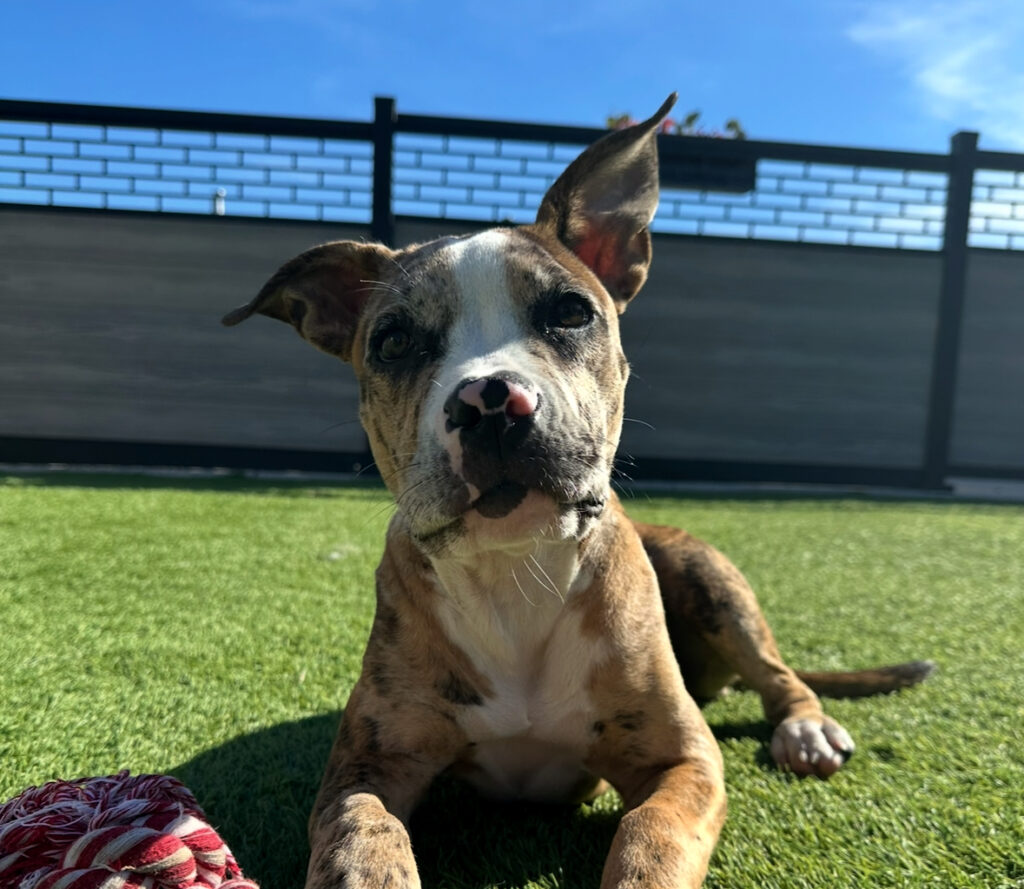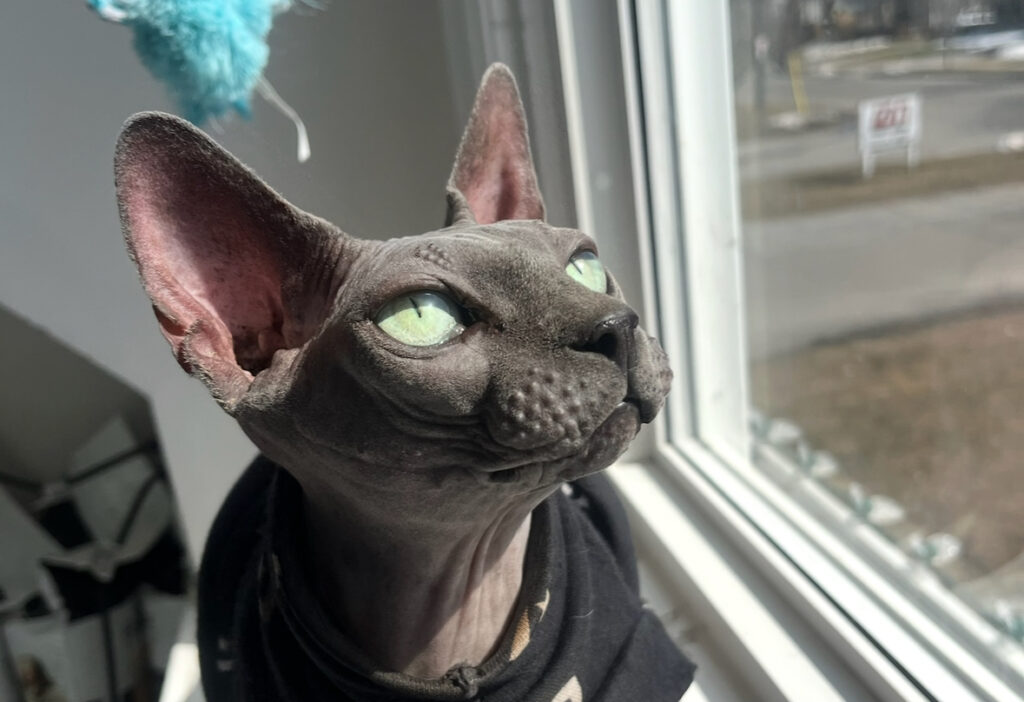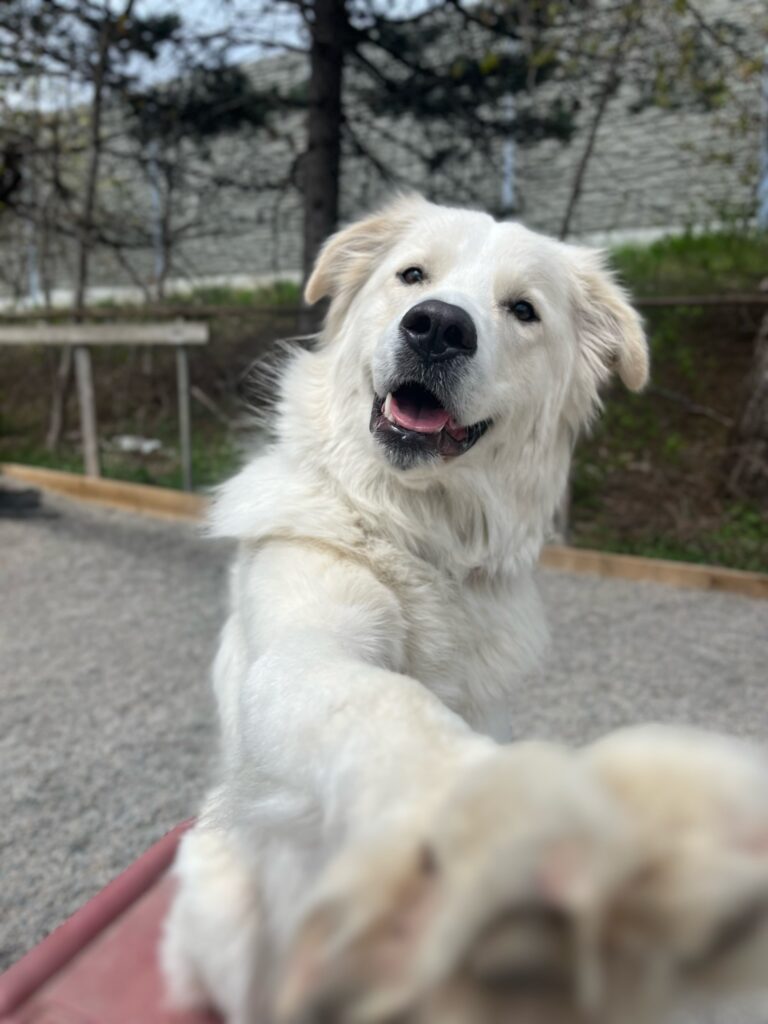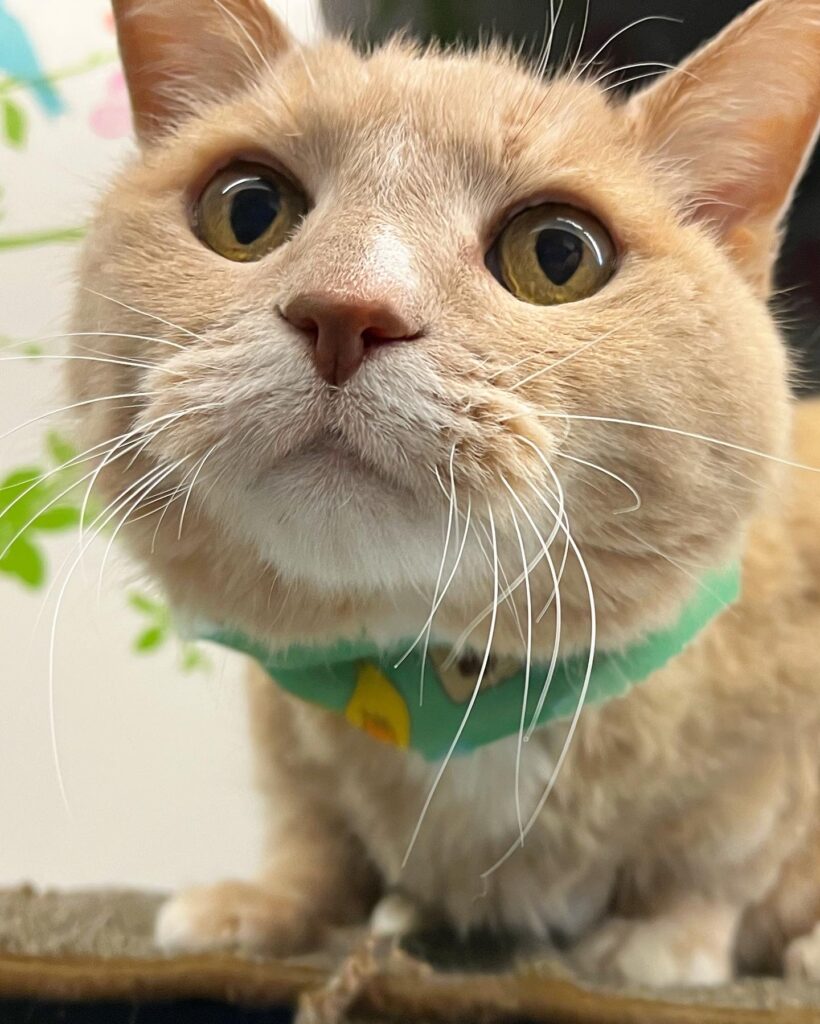

Bordetella Notice

Summer/Christmas/March Break is a period of increased risk for the transmission of Bordetella (kennel cough). Although Parker Pet Care requires this vaccination for its guests, we cannot eliminate the risk of dogs contracting Bordetella as dogs can transmit the illness without showing symptoms themselves. Over the last decade the Bordetella vaccine seems to be less effective in preventing infection completely and now often functions to reduce the duration and severity of symptoms. Dogs with experienced immune symptoms through regular exposure to other dogs are the least likely to develop symptoms.
Ongoing Facility Enhancements
Over the past five years, we have taken significant steps to further reduce the risk of airborne transmission:
North York Location: 2/3 of the dog accommodations have been converted to solid glass and fibre glass. Renovations for these enclosures expected to be completed by Spring 2026.
West Hill: 1/3 of the dog accommodations have been converted to solid glass and fibre glass. Renovations for these enclosures expected to be completed by Spring 2026.
If you have questions or concerns about Bordetella prior to your dog’s stay, please give us a call, or send us an email. Bordetella is often considered “the dog version of a human cold”, and dogs generally recover on their own in a few days.
If you are concerned about the risk for your dog, please give us a call and we would be happy to discuss the matter with you and be transparent with what information we have regarding Bordetella in the broader community at the present time.
Feline Upper Respiratory Infections

At Parker Pet Care, we prioritize the health and well-being of every feline guest. During high-traffic boarding periods (Summer, Christmas, and March Break) there is an increased risk for the transmission of upper respiratory infections (URIs) in cats.
While we require all feline guests to be current with vaccinations that protect against the most common viruses responsible for URIs, it is important to note that no vaccine can offer complete protection. Cats may develop symptoms due to stress-induced immune suppression from being in a new environment, or they may be asymptomatic carriers of the virus themselves.
Ongoing Facility Enhancements
Over the past five years, we have taken significant steps to further reduce the risk of airborne transmission:
- Acrylic Panel Door Upgrades: We have installed solid acrylic doors on our cat enclosures, which significantly limit the spread of pathogens through respiratory droplets (such as sneezing).
- UV Air purification systems installed to aid in the reduction elimination of airborne pathogens such as bacteria, viruses and mold.
- West Hill Location: All upgrades are complete.
- North York Location: UV purification system installed. Cattery acrylic door enhancements are currently underway and are expected to be completed by September 2025.
Health & Support Information
Upper respiratory infections are relatively common among cats, particularly in communal environments. If your cat is eating, drinking, and eliminating normally, symptoms typically resolve within a few days with basic supportive care—similar to how humans recover from a cold.
Should you have any questions or concerns about upper respiratory illness prior to your cat’s stay, please don’t hesitate to contact us by phone or email. Our team is happy to assist you.
